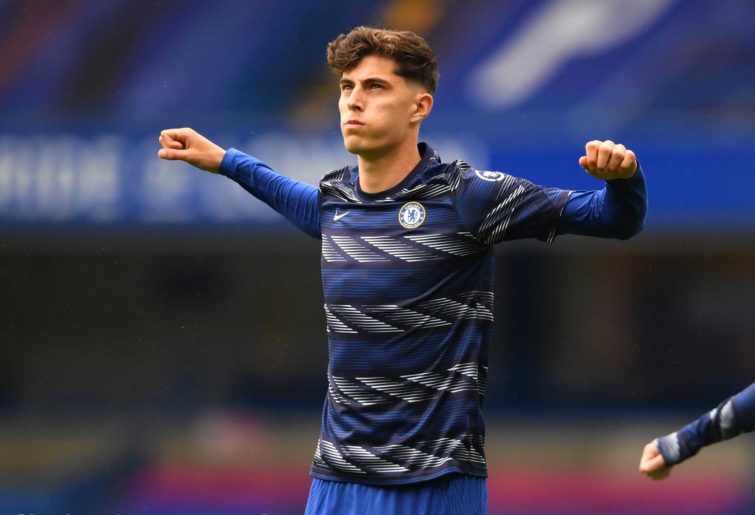Controversy as Villa keeper handed second yellow for shootout crowd taunting... but isn't sent off
Emi Martinez was saved by a new rule that resets yellow cards at the end of extra time, meaning his second yellow for taunting…
Opinion
A few weeks on from its launch, it’s safe to say the English Premier League’s decision to put certain matches behind a £14.95 ($AU27) paywall for domestic viewers hasn’t gone down particularly well with football fans.
Much of the discourse has centred around claims the newly introduced fee for accessing games not selected for regular subscription viewing by BT and Sky Sports customers is exorbitant, greedy and gouging loyal fans of their hard-earned money.
Is £14.95 an unreasonable amount of money?
It depends how many times a sporting organisation demands it before fans can access their product on a pay-per-view basis.
For infrequent events, such as marquee UFC cards, it would probably be a steal.
£14.95 would get you about 45 per cent of the way to purchasing the recent Tim Tszyu versus Jeff Horn bout.
EPL games – spare a few specific clashes – cannot be classed as major events, if only for the reason there are 380 of them each season.
Based on that logic, it’s hard to justify the price being asked of fans to watch their team in action.
But how much is too much to charge for any product or service, really?

Kai Havertz of Chelsea. How much is too much for watching the footy? (Photo by Mike Hewitt/Getty Images)
It’s been about seven years since I did four terms of high school economics before dropping the subject for my HSC year, but from what I remember, the principle of supply and demand can be applied to pretty much any product or service.
Nothing is objectively too expensive. Consumers make decisions every day on whether or not to make purchases, and a Brighton versus Aston Villa match only available on PPV will be no exception.
I find all the hand-wringing and borderline hysteria coming out of England perplexing. After all, Sky and BT customers are still getting the matches their subscription fees cover.
The caveat to all this – and admittedly, it’s a sizeable one – is that fans across the country are, of course, locked out of stadiums.
Assuming they possessed a season ticket and the means to travel to away fixtures, fans of lower profile sides were able to see their side in the flesh more frequently than they would on television in pre-COVID times.
Burnley fans, for example, will have to shell out hundreds of dollars to watch their team in action every week this season, as they are one of the sides least shown on regular broadcast fixtures.
The cost of this virtual season ticket will still be significantly lower than a regular one, but comparing the live matchday experience with staring at a screen is a bit of a fool’s errand.
I did find it humorous when Mike Ashley, owner of Newcastle United, claimed the club was in favour of the PPV proposal only because “there were no realistic or viable alternatives put forward to enable supporters to watch matches”.
Would giving the matches away for free, indefinitely, be a viable solution? Probably not, but in a league in which a big club pays a World Cup winner hundreds of thousands of dollars per week not to play for them, the “woe is me” rhetoric some club owners spout is a bit of a slap in the face.
Viewing figures for the initial fixtures offered through PPV have not been publicly released.